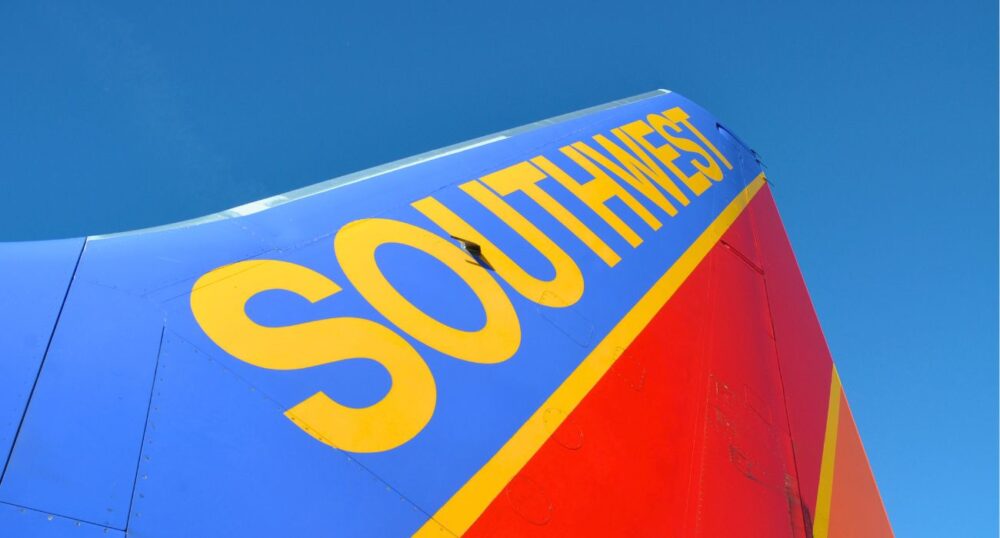In a recent development that has sparked more debates over DEI policies in America, Southwest Airlines has once again come under scrutiny for allegedly violating federal obligations.
America First Legal (AFL) first filed a complaint with the Department of Labor in January, accusing Southwest Airlines of violating federal equal opportunity laws. According to the complaint, Southwest’s DEI initiatives, including race and sex-based quotas for hiring and promotions, violated these laws.
“Despite receiving over $330 million in federal government contracts since 2007, Southwest explicitly promoted illegal ‘diversity, equity, and inclusion’ (DEI) by implementing race and sex-based employment quotas, violating its equal opportunity commitments, “AFL posted to X.
In response to AFL’s inquiry, the Department of Labor conducted an investigation into Southwest’s employment practices. On Monday, the Department of Labor sent AFL a letter detailing the airline’s commitments to change some of its DEI initiatives.
According to the letter, Southwest Airlines has agreed to stop implementing its race and sex-based employment quotas, with AFL’s accompanying post on X celebrating the change.
/1 ?✈️ BREAKING: Southwest Airlines to end illegal DEI employment practices
The U.S. Department of Labor has confirmed that Southwest will end race and sex-based discrimination in hiring and promotions following AFL’s federal civil rights complaint. pic.twitter.com/Lnm0LFqcq7
— America First Legal (@America1stLegal) December 3, 2024
Yet, is the letter from the Department of Labor indeed an unequivocal statement that Southwest Airlines is ending all DEI initiatives?
The simple answer is no.
The language used throughout the Department of Labor’s response has raised some questions about the full extent of the changes that the airline is committing to.
While the reply from the Department of Labor’s regional director, Ronald W. Sullivan II, confirms that Southwest Airlines will discontinue the use of certain DEI quotas during its hiring process, it may not be as clear-cut as the AFL suggests.
The letter states that Southwest Airlines will adhere to the broader framework established by federal regulations under executive orders and laws such as the Vietnam Era Veterans Readjustment Assistance Act and the Rehabilitation Act of 1973.
In particular, the letter stresses that placement goals and hiring benchmarks should not be viewed as “ceilings or floors” for the employment of particular races or genders but instead as “benchmarks against which Southwest Airlines measures the representation of persons within its workforce.”
The nuance, or lack of total clarity, in the Department of Labor’s wording suggests that while Southwest may abandon DEI hiring quotas, it may still be encouraged to measure diversity in its workforce.
Many companies, especially those with bigger government contracts, could also interpret the Department of Labor’s boundaries in the letter as a signal to tone down their DEI initiatives rather than abandon them altogether.
The battle over DEI initiatives may now be entering a new phase in America.


